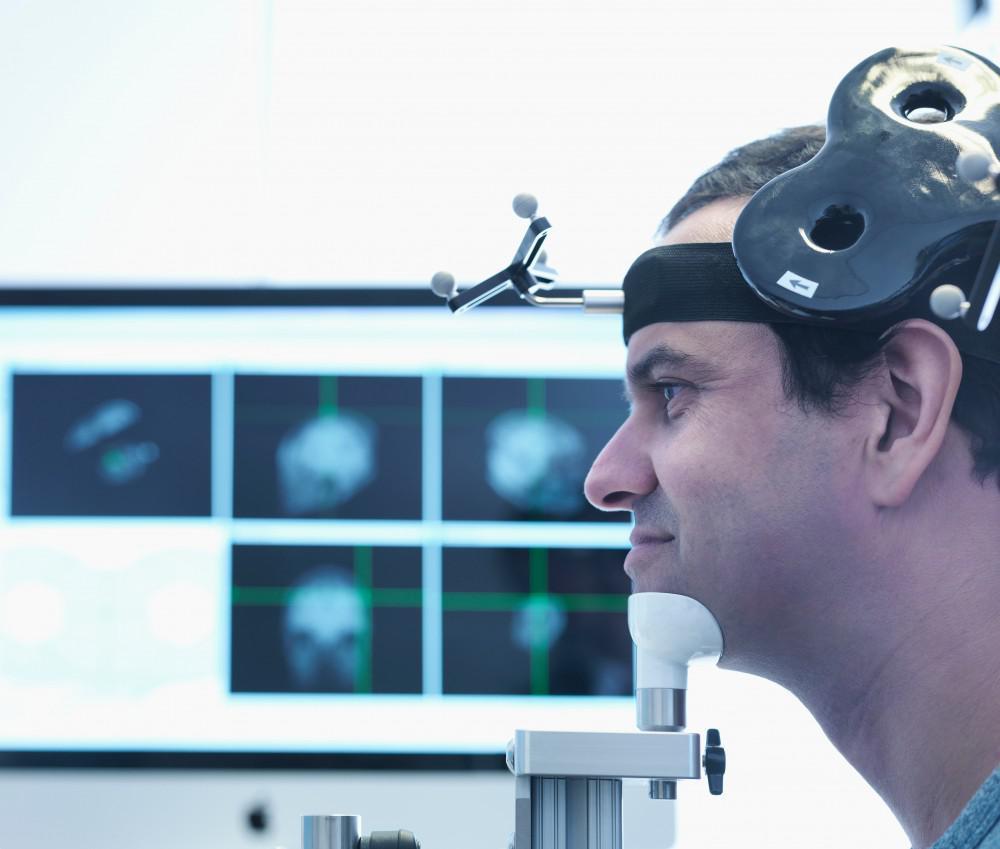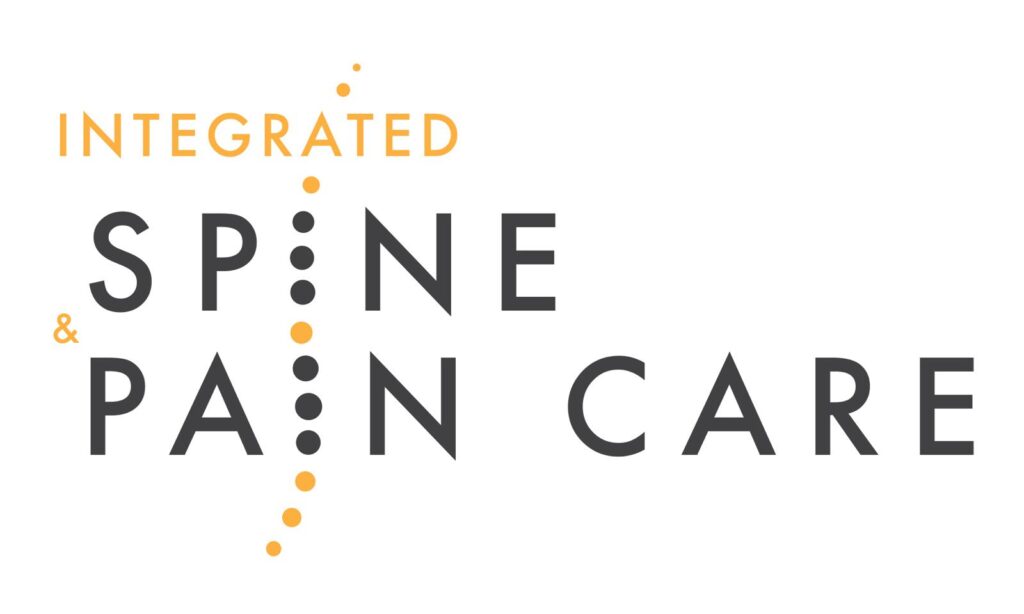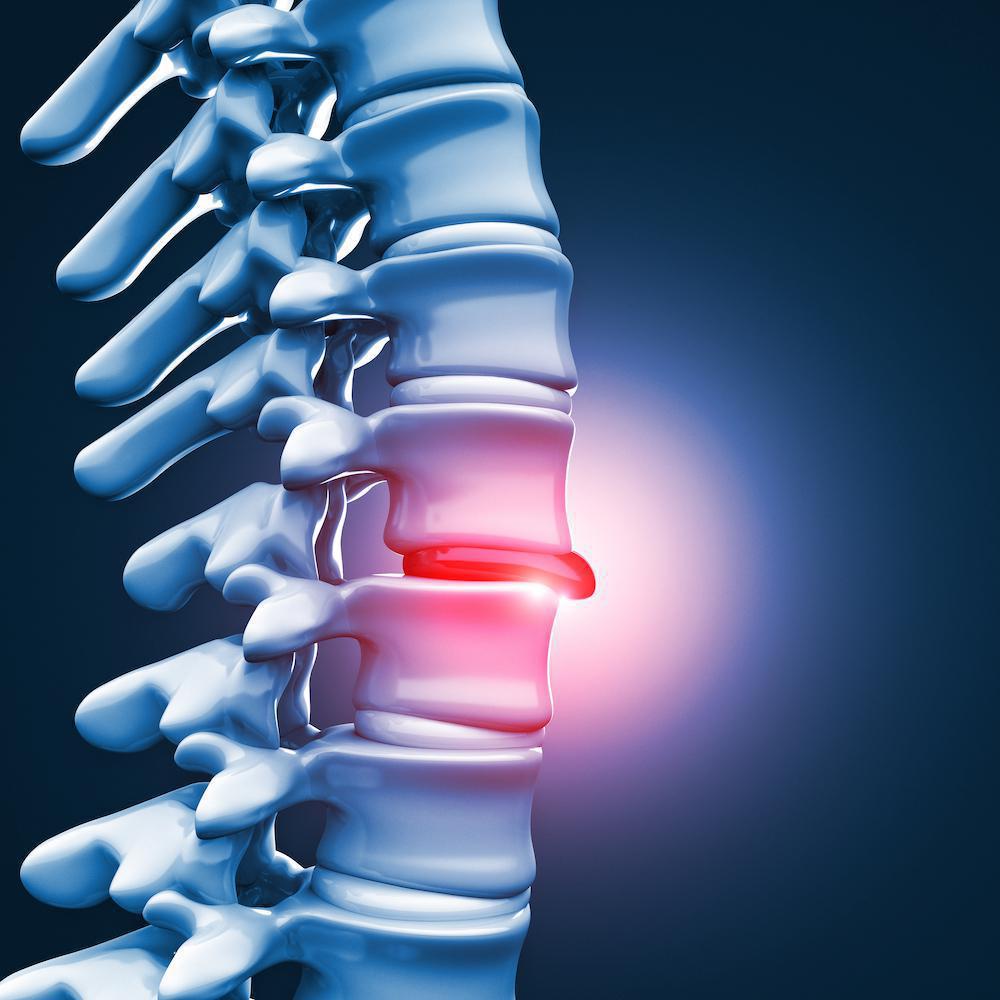Understanding Your Treatment Options for Herniated Disc Pain Millions of Americans are affected by herniated disc pain every year. If you’re one of them, these treatment options could help you feel better — and prevent more serious problems. Feb 1st, 2023
Learn more about TMS and Ketamine Treatments.
What Is Transcranial Magnetic Stimulation and
What Does It Treat?

- Anxiety, including treatment-resistant anxiety
- Chronic pain
- Addiction and withdrawal
- Tinnitus
- PTSD
You Might Also Enjoy...
Stem Cell Therapy: An Innovative Way to Treat a Variety of Issues Your body possesses some amazing healing powers. Think about how quickly a paper cut heals. What if that power could be harnessed and directed? Stem cell therapy does just that. Jan 11th, 2023
Why Wait Until the New Year? 5 Good Reasons to Start Your Medical Weight Loss Program Now With medical weight loss support, you can achieve lasting, healthy weight loss. Why wait to get started? Here’s what you need to know about starting your weight loss journey now. Dec 1st, 2022
Use of Ketamine for Pain Management in Hospice Care Pain management is a vital part of supportive care in hospice. Ketamine is a novel option that can be used alone or in combination with opioids to keep patients who are experiencing refractory pain comfortable. Nov 2nd, 2022
What Is Transcranial Magnetic Stimulation and What Does It Treat? Transcranial magnetic stimulation (TMS) is changing the game in treating mental illness, chronic pain, and more. If you or someone you care about lives with a treatment-resistant condition, you should know about this option. Oct 10th, 2022
If You're Living With Fibromyalgia Pain, Ketamine Can Help The symptoms of fibromyalgia can be so widespread that they affect you daily. If you’re ready to find some relief — especially if other treatments have failed — it may be time to consider ketamine infusions. Sep 1st, 2022
Powered by CRAMMAZE






